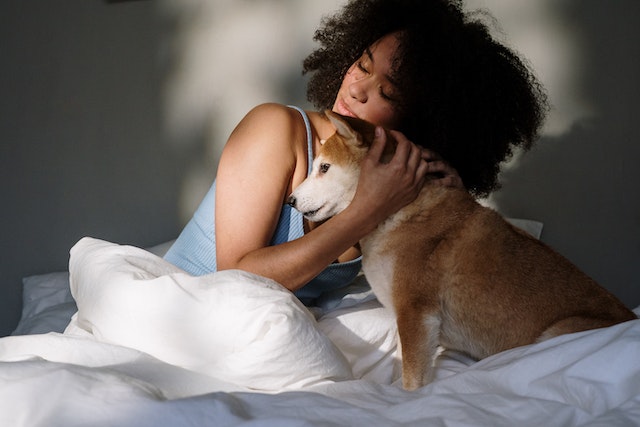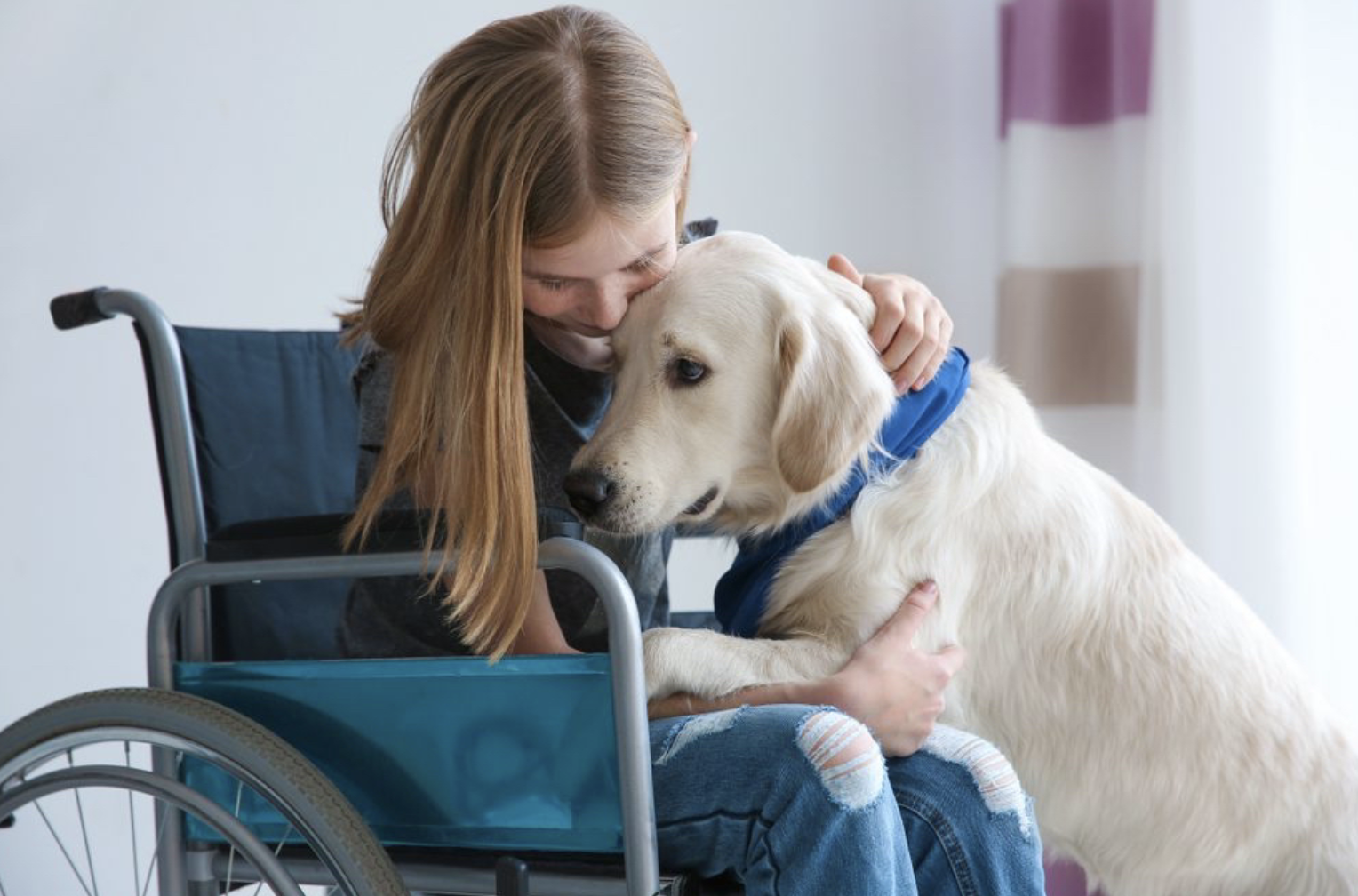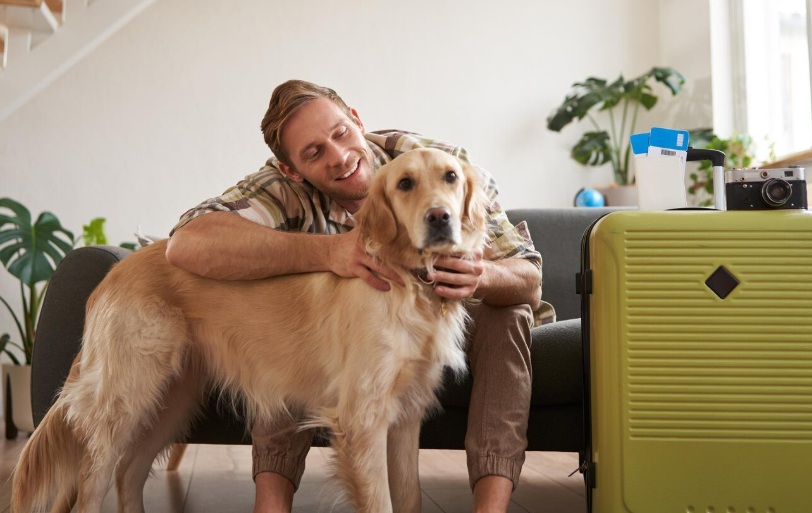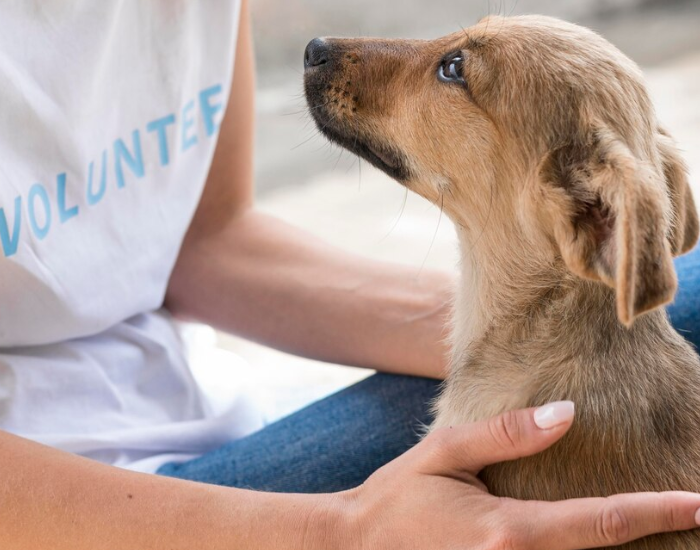Pet therapy dogs are dogs that are trained to provide comfort and support to people in need, such as those with mental health conditions or disabilities. These dogs undergo specific training to become certified therapy dogs and must meet certain requirements to ensure they can provide the support needed. In this blog post, we will go through the essential checklist of pet therapy dog requirements in the UK.
1. Age Requirement
The age requirement for therapy dogs can vary depending on the organization or program that is providing the certification. In the UK, therapy dogs are typically required to be at least one year old before they can begin training and certification. This is because younger dogs may not have the temperament or behaviour required for therapy work, and they are still in the process of developing their behaviour.
In some cases, therapy dog organizations may have different age requirements based on the size or breed of the dog. Larger dogs may need to be older to ensure they have the necessary control and training, while smaller dogs may be able to begin training at a younger age.
2. Good Health
One of the essential requirements for therapy dogs is good health. Therapy dogs must be in good physical and mental health to provide support and comfort to people in need. There are several health requirements that therapy dogs must meet:
◉ Vaccinations: Therapy dogs must be up to date on all necessary vaccinations to protect themselves and the people they are interacting with. Vaccines may include rabies, distemper, parvovirus, and others depending on the specific requirements of the therapy dog organization or program.
◉ Regular check-ups: Therapy dogs must undergo regular check-ups with a veterinarian to ensure that they are healthy and free from any contagious diseases or health issues. This may include regular vaccinations, parasite prevention, and health screenings.
◉ Good physical condition: Therapy dogs should be in good physical condition and able to handle the physical demands of therapy work. They should be able to walk calmly on a leash, climb stairs, and be comfortable in different environments.
◉ Mental health: Therapy dogs must also be in good mental health to provide support to people in need. They should be well socialized and comfortable around people, other animals, and in different environments. They should also be able to remain calm and relaxed in stressful situations.
3. Temperament
Temperament is one of the most important requirements for therapy dogs. Therapy dogs must have a calm, friendly, and patient temperament to provide comfort and support to people in need. There are several key traits that therapy dogs should exhibit:
◉ Friendly: Therapy dogs should be friendly and approachable, with a desire to interact with people. They should be comfortable around strangers, children, and other animals.
◉ Calm: Therapy dogs must remain calm and composed in all situations. They should be able to handle loud noises, crowded environments, and other stressors without becoming anxious or agitated.
◉ Patient: Therapy dogs should be patient and able to tolerate physical contact, including petting and hugging. They should also be able to remain still for long periods of time, as therapy sessions may last for several hours.
◉ Responsive: Therapy dogs should be responsive to their handler's commands and cues. They should be able to walk calmly on a leash, sit on command, and remain focused on their handler's instructions.
◉ Empathetic: Therapy dogs should have a strong ability to sense the emotional needs of the people they are interacting with. They should be able to offer comfort and support without becoming overwhelmed or distracted.
It's important to note that not all dogs are suitable for therapy work. Some dogs may have a temperament that is not well-suited for the demands of therapy work. It's essential to work with a reputable therapy dog organization or trainer to assess a dog's temperament and suitability for therapy work.
4. Basic Obedience Training
Basic obedience training helps therapy dogs to remain focused and obedient in different environments, which is essential for providing comfort and support to people in need. Training also helps therapy dogs to develop a strong bond with their handler, which enhances their ability to provide emotional support.
It's important to note that therapy dogs require specialized training beyond basic obedience training in order to be effective in therapy work. They must be trained in specific tasks and behaviours that are required for therapy work, such as remaining calm in stressful situations and being comfortable around different types of people and environments. It's important to work with a reputable therapy dog organization or trainer to ensure that therapy dogs receive the proper training and socialization they need to be successful in their role.
A pet therapy dog must undergo basic obedience training to ensure they are well-behaved and respond appropriately to commands. This includes training in basic commands such as sit, stay, come, and heel. The dog must also be able to walk calmly on a lead and not jump up or pull.
5. Specialised Training
Specialized training is a crucial component of therapy dog training. Therapy dogs must be trained to perform specific tasks and behaviours that are required for therapy work. Here are some examples of specialized training that therapy dogs may undergo:
◉ Socialization: Therapy dogs must be socialized to a wide range of environments, people, and other animals. They should be comfortable in busy environments, around wheelchairs, and with people of different ages, genders, and cultural backgrounds.
◉ Handling: Therapy dogs must be comfortable with being handled by strangers, including being petted, hugged, and cuddled.
◉ Emotional Support: Therapy dogs must be able to provide emotional support to individuals in need. This may involve sitting quietly with someone, offering a paw to hold, or engaging in interactive play.
◉ Tolerance of Loud Noises: Therapy dogs must be trained to tolerate loud noises, such as hospital equipment or sirens.
◉ Reading Comprehension: Some therapy dogs are trained to participate in reading programs where children read to them. These dogs must be able to remain calm and still while children read aloud to them.
◉ Task Work: Some therapy dogs are trained to perform specific tasks, such as retrieving items, opening doors, or providing physical support when needed.
◉ Scent Detection: Some therapy dogs are trained to detect specific scents, such as changes in blood sugar levels, which can be helpful for individuals with medical conditions such as diabetes.
Specialized training helps therapy dogs to be more effective in their role and enables them to provide the highest level of support and comfort to people in need. It's important to work with a reputable therapy dog organization or trainer to ensure that therapy dogs receive the proper specialized training and socialization they need to be successful in their role.
6. Certification
To become a certified pet therapy dog in the UK, the dog and their owner must undergo an assessment and training program provided by a recognised therapy dog organisation. The dog must demonstrate good health, temperament, and obedience and must pass a range of assessments and evaluations to become certified.
7. Regular Training and Refresher Courses
To maintain their certification, pet therapy dogs must undergo regular training and refresher courses to ensure they are up to date with the latest techniques and best practices in therapy dog training. This ensures that they continue to provide the highest level of support to people in need.
8. Handler Requirements
In addition to the requirements for the dog, the handler must also meet certain requirements to ensure they can support the dog and provide the best possible therapy. Handlers must be over 18 years old, have good communication skills, and be able to work well with a range of people, including those with disabilities or mental health conditions.
Conclusion
Pet therapy dogs play an essential role in providing comfort and support to people in need, and it's essential to ensure that they meet the necessary requirements to provide the best possible therapy. By ensuring that your dog meets the age, health, temperament, training, and certification requirements, you can be confident that they are prepared to provide the support needed. By maintaining regular training and refresher courses and having public liability insurance, you can ensure that you and your dog are fully prepared for therapy work.













